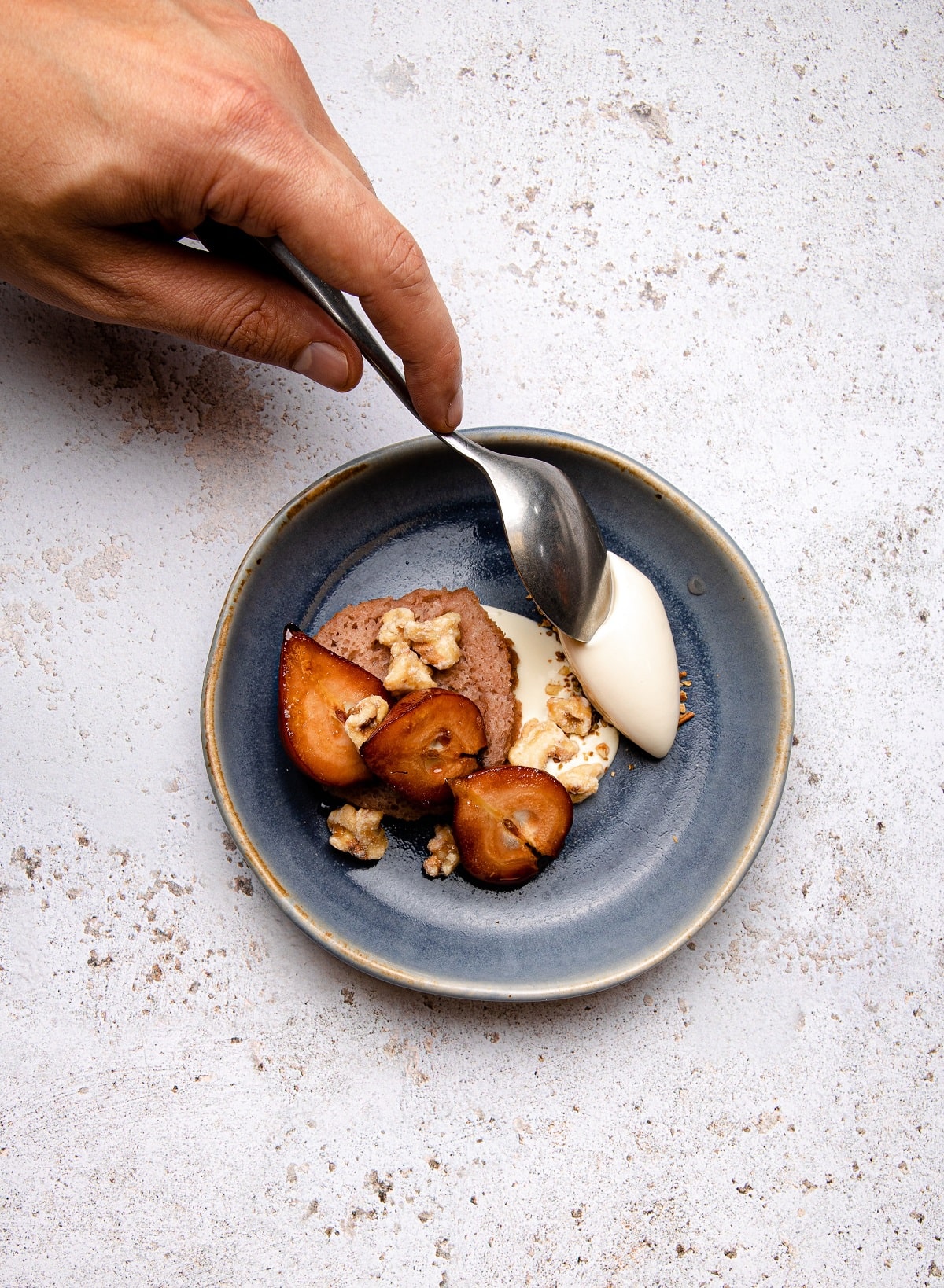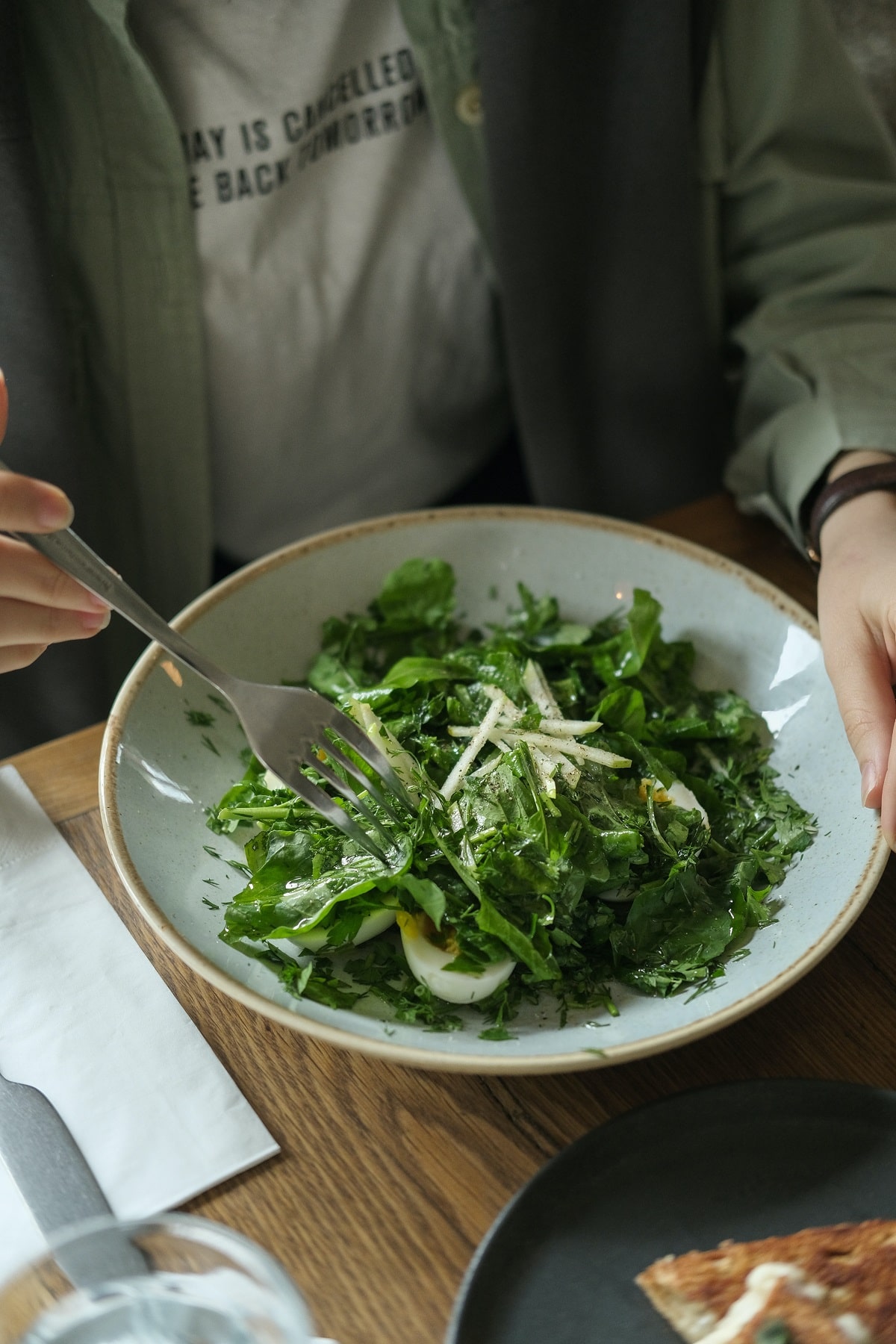1
HOME > Food & Drink >
HEALTHY DIET TIPS FOR MEN WHO CARE ABOUT THE ECOSYSTEM
Written by Menswear Style in Food & Drink on the 23rd February 2022

A lot of men out there are really into eco-friendly living and sustainable practices, but they don't think about their diets in the same way. Eating a healthy diet is one of the most important things you can do for the environment! In this blog post, we will give you some tips on how to make your diet more sustainable. We’ll cover everything from eating organic foods to reducing food waste. So whether you’re looking to improve your health or help the environment, read on for some great advice.
Eat Less Meat
Eating less meat is one of the most sustainable things you can do for your diet. Meat production is a major contributor to climate change, and it’s also very resource-intensive. By reducing the amount of meat you eat, you can help reduce these impacts and make your diet more sustainable. There are plenty of healthy, sustainable meat alternatives out there. Try incorporating more plant-based proteins into your diets, such as beans, lentils, and tofu. You can also try Meatless Mondays to reduce the amount of meat you eat in a week. For example, instead of having steak for dinner on Monday night. Make a delicious vegetarian dish like lentil soup or tofu stir-fry. As an example, we can look at Arnold's vegan diet. He swears that his diet makes him feel more energetic and helps him recover faster after working out as well as keeping his blood pressure and cholesterol levels in check.

Buy Organic And Local Food
Buying organic food is another great way to make your diet more sustainable. Organic food is grown without the use of synthetic pesticides and fertilizers, which can harm human health as well as soil quality over time. Buying local produce also reduces your carbon footprint by avoiding transportation costs associated with shipping goods from faraway places like China or Brazil. When you buy organic and local, you’re supporting farmers who grow their crops without using pesticides or other harmful chemicals. You’re also helping to reduce carbon emissions from transportation by buying food that is grown close to home. Buying organic can also be more nutritious than conventional produce because it has higher levels of nutrients like vitamin C! Try finding out where your nearest farmer's market is so that you know what time they open and how long they stay open each day; some markets only have certain hours when they sell goods while others may run all week long, depending on the size or their location. If you're not able to buy organic, try to avoid produce with the heaviest pesticide loads. The Environmental Working Group (EWG) publishes an annual list of the Dirty Dozen Plus fruits and vegetables that are most heavily sprayed with pesticides. This year, strawberries topped the list, followed by spinach, nectarines, apples, grapes, peaches, cherries, pears, tomatoes, celery, and potatoes.
Reduce Food Waste with Creative Cooking or Composting
Reducing food waste through creative cooking techniques such as using leftovers or composting is another easy way to make your diet more sustainable. According to the United Nations, as much as 40% of all food produced in the world is wasted. So by reducing the amount of food you throw away, you can help save resources and reduce your environmental impact. Some cooking techniques that are good for reusing leftovers include making soup from vegetable scraps or turning stale bread into croutons. If you want to go a step further with your food waste reduction efforts, composting is an excellent option. Not only does it reduce the amount of organic material that goes into landfills each year (the number one source of methane gas in our atmosphere), but it also creates nutrient-rich compost soil that can be used for growing crops. This means less synthetic fertilizer will need to be applied on farms around the world, which is great news all around!

The best way to start composting at home if you're interested in doing so would be by buying an indoor bin. You can then use this for food scraps and other organic waste products. Outdoor compost bins are also available; just make sure you're keeping them away from where children or pets may play so as not to attract pests like rats or raccoons! We hope these tips have given you some ideas about how you can make your diet more sustainable! If there are any other tips that you think would help our readers, please let us know in the comments below.
Trending
2
3
4
5
6
7
8
9
10









